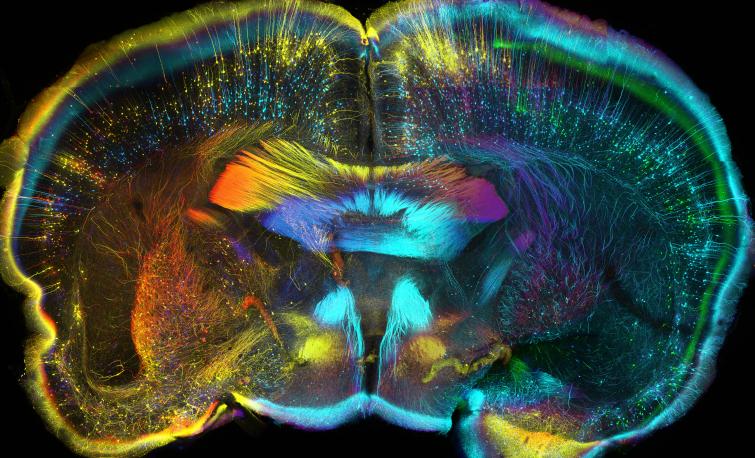
September 02, 2016
Bulletin interne de l'Institut Pasteur


Alzheimer's: nicotinic receptors as a new therapeutic target
Several scientific studies have indicated that nicotine may be beneficial for memory function. Scientists from the Institut Pasteur and the CNRS set out to shed further light on the properties attributed to nicotine - which is known to have an adverse effect on health - by determining the precise structure of the nicotinic receptors in the hippocampus region of the brain. Using mouse models for Alzheimer's disease, they identified the β2 subunit of the nicotinic receptor as a target that, if blocked, prevents the memory loss associated with Alzheimer's. These results were published in Neurobiology of Aging on August 12, 2016.
Alzheimer's disease is characterized by two types of lesion: amyloid plaques and neurofibrillary degeneration. Amyloid beta peptide, naturally present in the brain, builds up over the years as a result of genetic and environmental factors until it forms amyloid plaques. This build-up is toxic for nerve cells and leads to a loss of neuronal structure and to what is known as "neurofibrillary" degeneration, which in turn results in the death of nerve cells.
To find out more, read the press release
Photo : Luis de la Torre-Ubieta